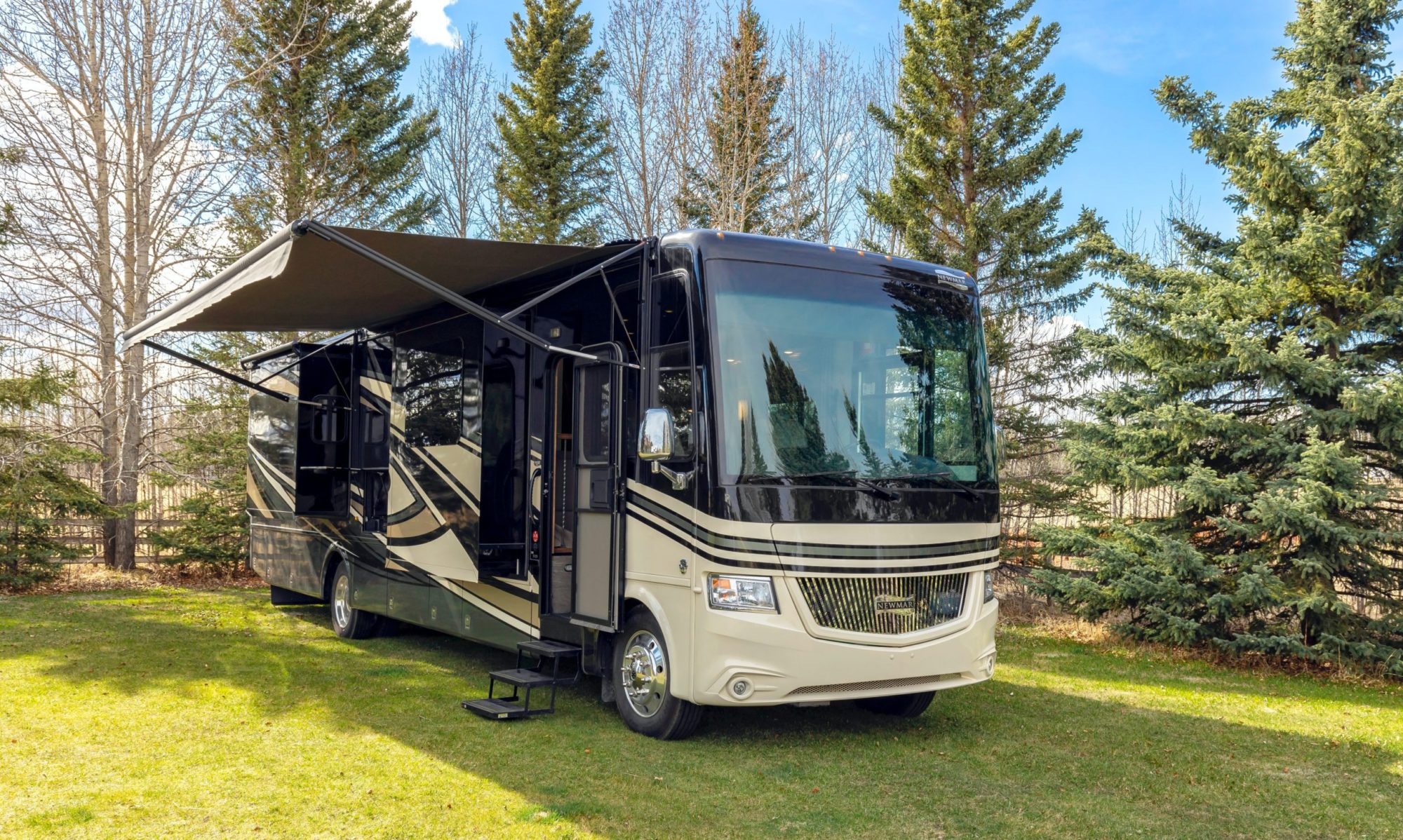Boondocking, or dry camping, is camping without hook-ups, usually outside of established campgrounds. Here’s a list of various ways and places you can boondock:
- Public Lands:
- Bureau of Land Management (BLM): Large swaths of land primarily in the western U.S. are open for dispersed camping.
- National Forests: While some areas may have restrictions, much of the land is open to boondocking.
- Grasslands: Similar to national forests but are more open areas.
- Walmart Parking Lots: Many Walmart stores allow for overnight RV parking. However, it’s essential to ask the store manager for permission.
- Rest Areas: Some highway rest areas allow for overnight stays, though duration can be limited.
- Truck Stops: Places like Pilot or Flying J often have spaces for RVs, but it’s a good idea to ask first.
- Casinos: Many casinos, especially those outside of major city centers, allow RVers to park overnight for free.
- BLM Long Term Visitor Areas (LTVA): Specific areas where you can stay for an extended period for a fee.
- Harvest Hosts: A membership program where you can stay at participating farms, wineries, and museums.
- Boondockers Welcome: A membership service that connects RVers with homeowners who offer a place to park for the night.
- School Athletic Fields: If there’s an event, and you’re attending, sometimes you can park overnight. Always ask for permission.
- Church Parking Lots: Some churches may allow RVs to park overnight, but it’s essential to ask ahead.
- Free City or County Parks: Some towns offer free camping at local parks.
- Dispersed Beach Camping: Some coastal areas, particularly in the U.S. West, allow for beach camping.
- Fishing Access Sites: Some state-managed fishing areas might allow for overnight stays.
- Wildlife Management Areas: These are lands set aside for the conservation of wildlife and sometimes allow for boondocking.
- Parking Lots with Permission: Think about places like gyms or 24-hour supermarkets. As always, seek permission.
- A Friend or Relative’s Driveway: If visiting someone, you can often park in their driveway or on their property for a short stay.
- Abandoned Areas: Unused lands or areas can sometimes be an option, but you should research ownership and local regulations.
- Apps and Websites: Platforms like iOverlander or Campendium can provide details on free camping sites based on user reviews.
- Roadside Pullouts: Some scenic or backcountry roads have pullouts where overnight parking is allowed.
- Stay on Someone’s Land for Work Exchange: Websites like Workaway or WWOOF connect travelers with hosts who provide a place to stay in exchange for some work.
Remember that when boondocking, it’s essential to be respectful, always leave a place cleaner than you found it, and adhere to the Leave No Trace principles. Always check local rules and regulations and make sure you have permission if staying on private property.
